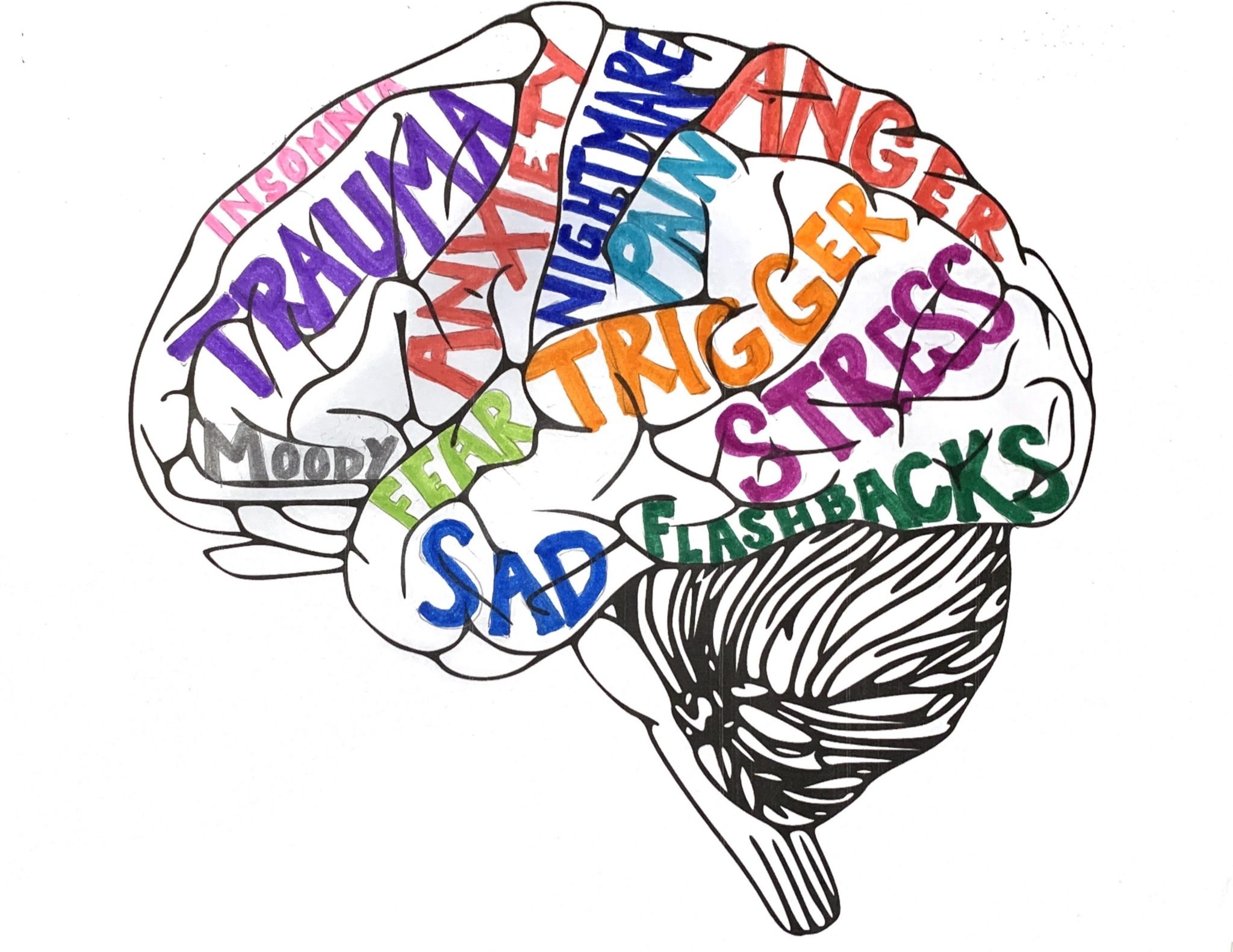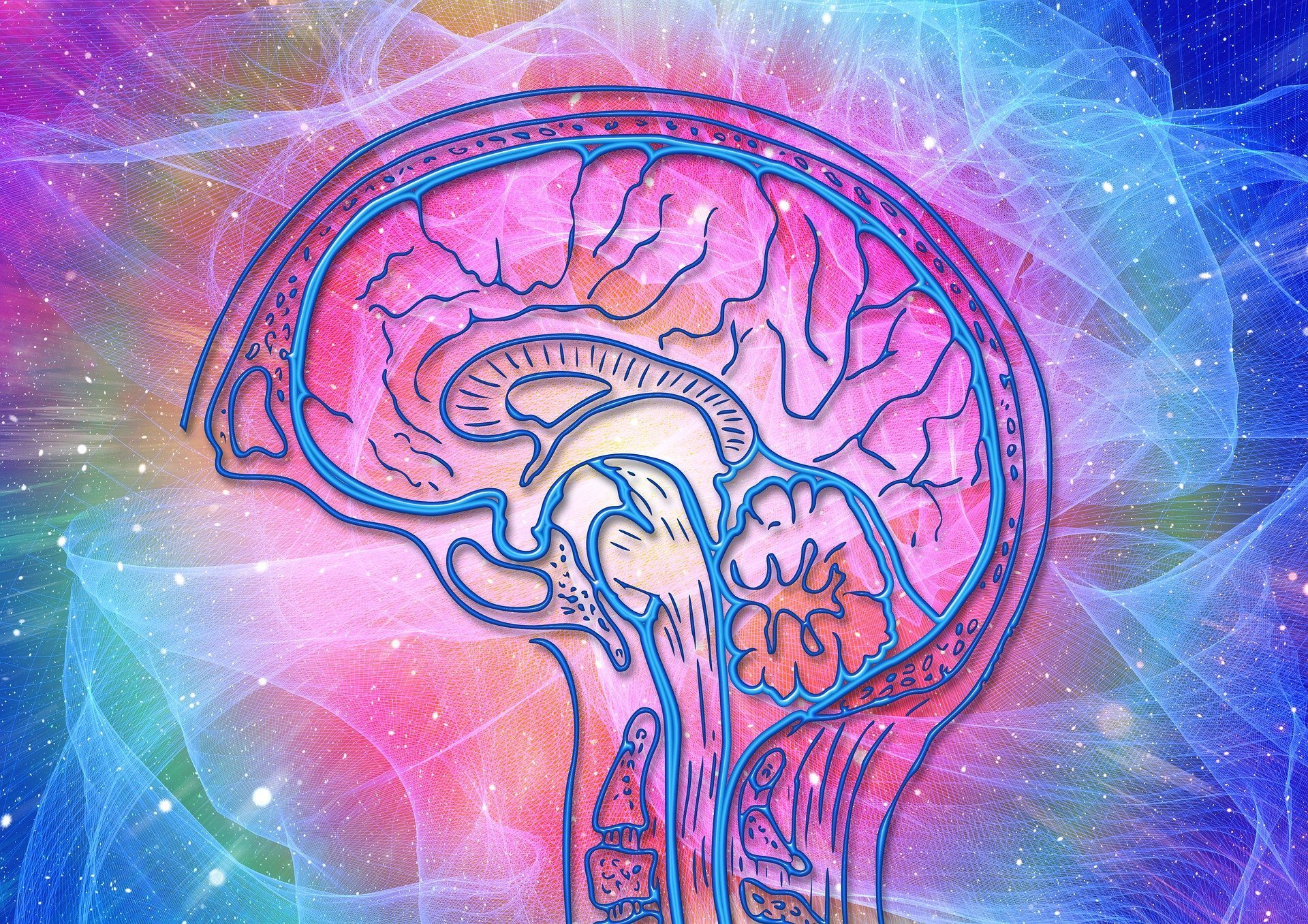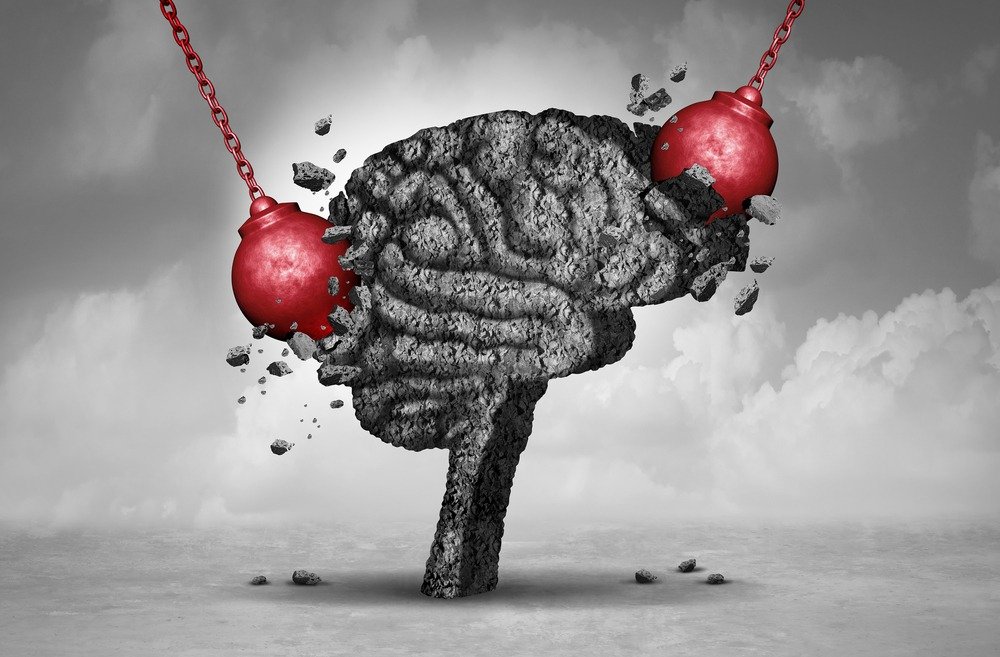Post Traumatic Stress Disorder
Post Traumatic Stress Disorder is a neurological disorder, which leads to prolonged feelings of fear or stress subsequent to a specific traumatic event or experience. When a person experiences trauma, there lies a chance for them to experience steady periods of stress or fear caused by a trigger. During a PTSD episode, the person develops nervous thoughts and feels as though they are reliving this experience. In these moments, there is a substantial increase in stress, causing the individual to feel scared or detached from reality. The cause of this is neurological. The effects of trauma on the brain impact three main areas of the brain: the amygdala, hippocampus, and prefrontal cortex.
PTSD is a dysregulation in the stress system. A specific brain region, the amygdala, is responsible for releasing stress hormones and tends to be overactive in patients with PTSD. This overactivity is responsible for an amplified response of the fear circuit. The amygdala is responsible for emotions, survival instincts, and memory, but it is mainly responsible for detecting fear by using our senses to gather information and respond with the feeling of fear if a threat is detected. Cortisol and norepinephrine, two neurotransmitters, are released in reaction to this remembrance of trauma and detection of threat. An overstimulated amygdala is common among PTSD patients. The sympathetic nervous system also causes an increase in “fight or flight” hormones, even when there is no trigger. The symptoms of PTSD are a result of an instinctive mechanism in order to survive further traumatic experiences.
The hippocampus is responsible for forming new memories, while also separating past from present experiences. Typically, the hippocampus of PTSD patients is relatively smaller, affecting memory recollection. Some memories can be hard to recall, while others present themselves in vivid and incessant forms. When placed in an environment connected to their trauma, a “fight of flight” response is activated when the patient gets anxious by their inability to differentiate past from present memories.
The prefrontal cortex is responsible for our rational thinking and reactions to our emotions, which are sent by our amygdala. Subsequent to a severely traumatic event, this rationality is somewhat reversed, which makes it difficult for the prefrontal cortex to rationalize and regulate our emotions, including fear. This explains the heightened sense of fear experienced by PTSD patients.
There is still so much to find out about PTSD, its causes, effects, and treatments. Click the link below to learn more!



